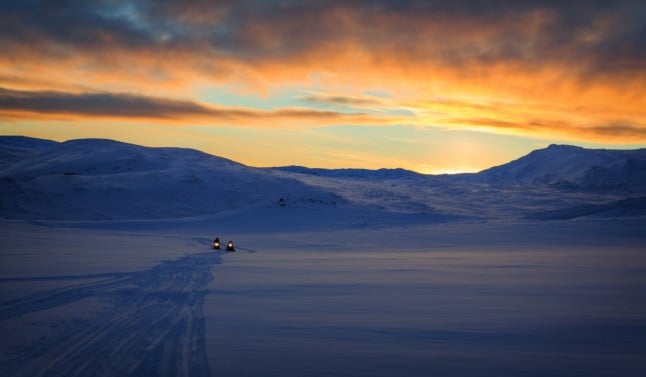The field could produce billions of cubic feet of natural gas, said Total, which holds 40 percent of the joint venture along with Azerbaijan’s national oil company SOCART with 40 percent) and GDF Suez with 20 percent.
The Absheron X-2 block is thought to have large pockets of gas spread over a 270 square kilometre (104 square mile) field, and the firm hopes to find several trillion cubic feet of gas and associated condensates.
“This discovery could be very significant in terms of resources,” said Total’s senior vice president for exploration, Marc Blaizot.
“It is the result of Total’s bolder exploration strategy aimed at probing high risk-high reward prospects both in prolific and frontier basins particularly in high pressure, deeply buried reservoirs.”
Blaizot said the techniques it has developed in its Caspian work would help it find more gas in similar basins off Britain, Brunei, Malaysia and Egypt, where new permits have been recently awarded to Total.
The Caspian well is currently at a depth of around 6,550 metres, in 500 metres of water, 100 kilometres southeast of Baku, near Total’s existing Shah Deniz gas field.
Total has been working in Azerbaijan since 1996 and already pumps 13,000 barrels of oil per day there, while owning 10 percent of the South Caucasus Pipeline Company and five percent of the Baku-Tbilisi-Ceyhan oil pipeline.


 Please whitelist us to continue reading.
Please whitelist us to continue reading.
Member comments